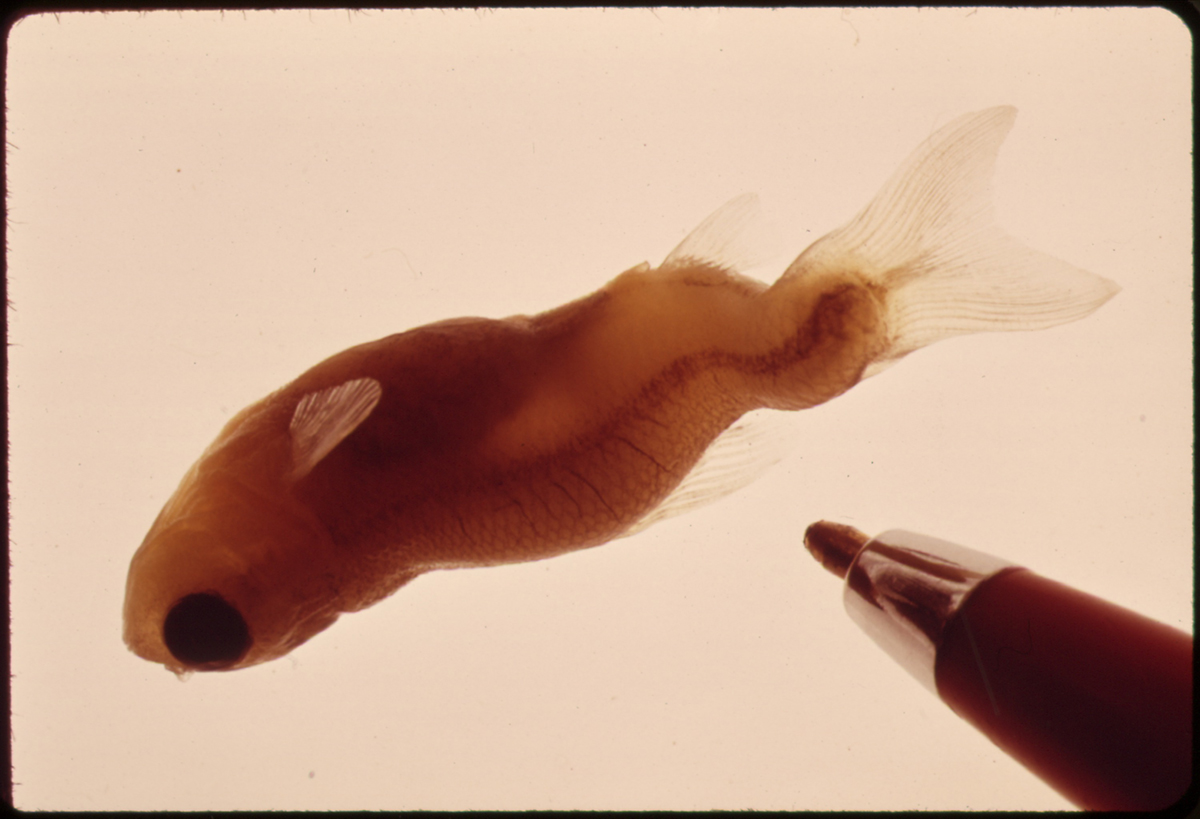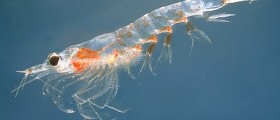
Introduction
Methylmercury is a poisonous substance absorbed by fish, which ends up in rivers and seas mostly due to industrial pollution.
Health and environmental authorities have classified all fish in two groups, one that is considered to be high in mercury content and the other that has low mercury. For example, fish like swordfish, shark, tilefish and king mackerel are high in mercury while in tuna, halibut, oysters, shrimps, and catfish the mercury content is low.
It is believed that the bigger and older a fish is, the more mercury it has in its body. This is because mercury accumulates in a fish’s body after absorption.Symptoms of mercury poisoning
The gravity of mercury poisoning depends on the extent of mercury consumed and on time of exposure.
This type of poisoning can cause permanent damage to brain and kidneys and it is therefore considered very dangerous. If absorbed through skin, mercury causes an allergic reaction. If ingested, like from eating fish with high mercury content, mercury can cause gastrointestinal problems and kidney disorders.
Pregnant and nursing women, as well as infants and young children, should avoid eating fish with high mercury content altogether, because it may cause brain development.
Symptoms of mercury poisoning include problems with vision, numb hands and feet, speech related problems, inability to walk properly or straight, muscle fatigue, irritability, mood swings and mental imbalance.
Treatment for mercury poisoning
The treatment in cases of mercury poisoning is focused on eliminating mercury from the system and on repairing the damage it has done, of possible.
Mercury can be eliminated through chelation therapy, with activated charcoal or gastric lavage.
This type of poisoning is better prevented that cured, so some precaution is highly recommended. This means using water filters for both drinking and cooking water and avoiding fish that has a high mercury content.
Generally, it is recommended for healthy adults to eat fish once or maximum twice a week. Young children and pregnant and nursing women should avoid fish or limit its intake to once a month. Children between ages six and 12 can eat fish two times a month.

















Your thoughts on this
Loading...